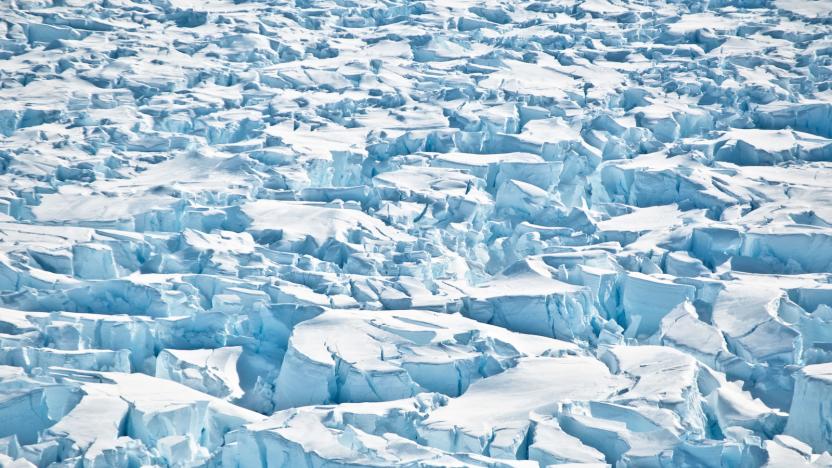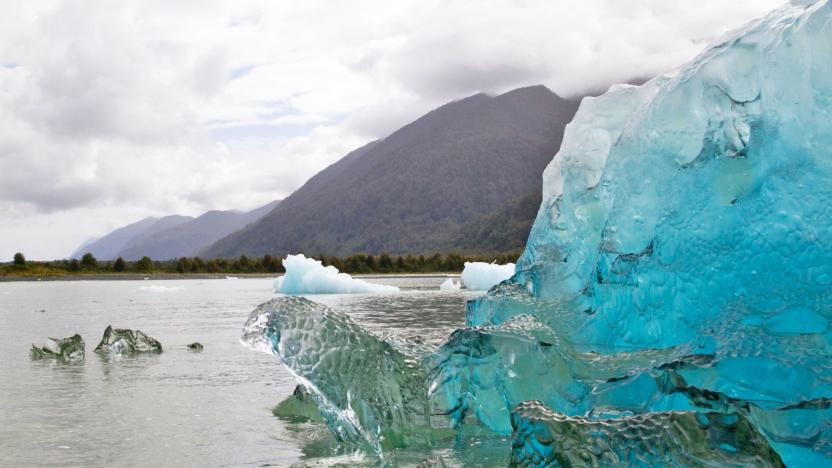icesheet
Latest

Antarctica is losing ice at an increasingly rapid rate
Antarctica is losing ice at an increasingly rapid rate, according to a new study published today in Nature. More than 80 researchers from 42 international organizations presented findings that show between 2012 and 2017, Antarctica's ice sheet lost 219 billion tons of ice per year -- triple the rate prior to 2012. Between 1992 and 2017, ice losses in the region contributed to a global sea level rise of 7.6 millimeters, with forty percent of that rise occurring in the last five years alone.

NASA can pinpoint glaciers that might flood coastal cities
It's safe to say that melting glaciers and ice sheets are bad things: they raise ocean levels and risk flooding low-lying coastal areas. But which of these icy bodies do you have to worry about in your area? NASA might help. It recently developed a technique that can determine which glaciers and sheets pose a threat to a given area. It's complex, but it could make a big difference for coastal cities that may need to react to global warming.

Scientists may have found Earth's largest canyon
An international team of researchers led by Durham University believe they've discovered the largest canyon on Earth. Using satellite data and ground-penetrating radar, they estimate it to be more than 100 km long and as deep as 1 km in places. They'll need to make direct measurements to confirm these findings, though that will be difficult given that the canyon is buried under several kilometers of East Antarctic ice sheet. The team suspects that the canyon was either carved out of the bedrock by water flowing under the ice or is so absurdly old that it was around before Antarctica shifted to the South Pole via tectonic forces and frozen over.


